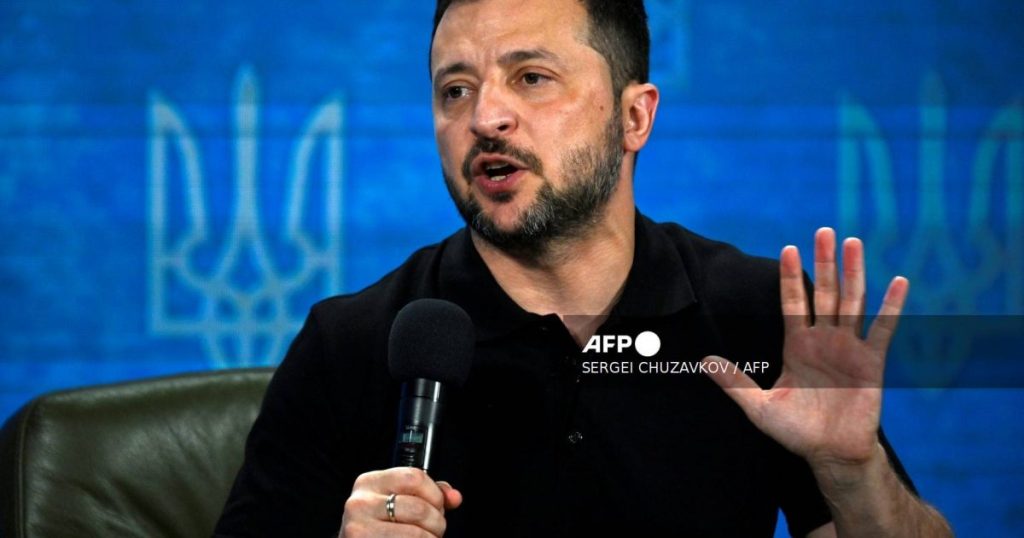Ukrainian President Volodymyr Zelensky has raised concerns over a potential alliance between North Korea and Russia, specifically accusing North Korea of sending troops to bolster Russian military efforts in the ongoing war against Ukraine. His statements came shortly after he embarked on a two-day diplomatic tour across European capitals, including Berlin, London, and Paris, to advocate for increased military and financial support for Ukraine as it continues to defend itself against Russian aggression. This indicates not only a deepening of military collaboration between Russia and North Korea but also underscores the broader geopolitical implications of the conflict.
During his evening address, Zelensky emphasized that the current situation has evolved beyond mere arms transfers from North Korea to Russia; it now includes the movement of personnel, suggesting a more profound level of involvement that could impact the dynamics of the conflict. He highlighted the urgent need for Ukraine to strengthen its alliances with Western partners and secure additional support for its military operations on the front lines. As the conflict enters its third year, the pressure on Ukraine’s military capabilities intensifies, making it imperative for Zelensky to rally international support.
Zelensky’s appeal for enhanced military capabilities underscores the ongoing challenges faced by Ukraine as it navigates the complicated landscape of modern warfare. He articulated that requests for long-range weaponry and decisive military supplies are not merely logistical needs but strategic necessities aimed at exerting greater pressure on Russian forces. The Ukrainian leadership believes that providing effective military resources to their troops would not only help in the current confrontation but also prevent the potential escalation of the war, thereby safeguarding regional stability.
The context of Zelensky’s public addresses reflects a growing recognition of the interconnected nature of global conflicts where states like North Korea may find alignment with adversarial forces against shared opponents. His remarks signal awareness of how these alliances can shift the balance of power and complicate efforts to achieve peace in the region. Ukraine’s strategic position necessitates not only local defenses but also a robust international coalition to counter these emerging threats and to uphold the principles of sovereignty and territorial integrity.
Furthermore, Zelensky’s tour of European capitals indicates a sense of urgency from Ukraine’s leadership in seeking sustained and diversified support from its allies. The message is clear: Ukraine is in a pivotal moment in its defense efforts, and maintaining robust relationships with European partners is crucial for securing the necessary resources and political backing. This ongoing dialogue and partnership development are vital as the conflict continues to evolve and potentially expand, creating consequences that could reverberate beyond the immediate region.
In conclusion, President Zelensky’s assertions and diplomatic initiatives reflect the complexities of modern warfare wherein alliances can swiftly shift, and external support can play a decisive role in a nation’s ability to defend itself. His calls for increased military aid embody a strategic approach to ensure Ukraine can counteract the dual threats posed by Russia and its new alliances with states like North Korea. As Ukraine faces a protracted conflict, the emphasis on building and maintaining international partnerships will be critical to navigating this tumultuous landscape and fortifying its position on the global stage.


